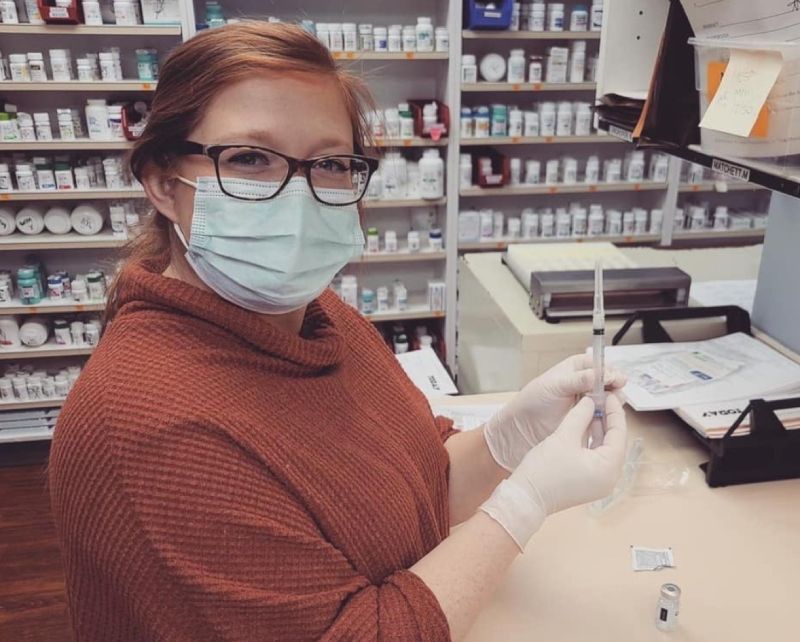When Should You Take the MCAT? Expert Advice & Timelines
Choosing when to take the MCAT is an important decision within the medical school application process. The right timing can set you up for success, ensuring you’re well-prepared and able to submit your best scores in time for application deadlines. However, with multiple test dates to choose from, strict scheduling policies to work around, and the possibility of retakes, figuring out the best test date for you requires careful consideration.
In this guide, we’ll break down everything you need to think about when deciding on your MCAT date — from understanding exam policies to avoiding scheduling mistakes.
Taking the MCAT: What to Know Before Scheduling Your Exam
Before you schedule your exam, understanding the timing of the test and the rules surrounding it is essential. Keep in mind that:
There are limits to the number of times you can attempt the exam.
These are as follows:
- 3 times in one testing year
- 4 times within 2 consecutive testing years
- 7 times in your lifetime
These limits mean you’ll need to plan ahead and carefully consider the timing of your MCAT. It’s also important to note that medical schools can see all of your attempts at the test as well as any associated scores, so giving yourself enough time to prepare is the key to giving your best effort and keeping your number of attempts down.
The test is only administered on certain dates throughout the year.
The MCAT is offered multiple times between January and September. In 2025, there are 30 test dates to choose from, giving you the flexibility to select the one that best fits into your schedule. That said, you must schedule, reschedule, or cancel your test at least 10 days before the test date — no changes to your registration are permitted after this deadline passes. Plan ahead to avoid last-minute stress.
How to Decide When to Take the MCAT
With so many test dates to choose from, it can be challenging to know which one to pick. After all, you want to make the most of each attempt. To ensure you choose the best date for you, always consider the following factors.
Your Medical School Timeline
One way to narrow down your options is to think about what your medical school application timeline looks like. Most medical schools in the U.S. operate on a rolling admissions calendar, meaning that it’s in your best interest to submit your application early in the cycle before spots begin to fill up in earnest — especially for your top programs.
Since MCAT scores take about 30 days to post, you should aim to take the test in the spring of the year you plan to apply. So if, for example, you plan to apply in 2026 for a seat in the class entering in fall 2027, you should plan on taking the MCAT in April or May of 2026 to ensure your scores are available when applications open.
Your Academic Readiness
Before sitting for the MCAT, you should have completed the bulk of your core pre-med coursework, including:
- Biology
- General and organic chemistry
- Physics
- Biochemistry
- Psychology and sociology
These courses provide the foundational knowledge needed for the MCAT, which means you may struggle with some of the test material if you haven’t completed them yet.
Your Preparation
To maximize your chances of a high score, the MCAT requires months of dedicated study. However, the exact amount of time you’ll need to prepare depends on how quickly you absorb information and how long it takes for you to become comfortable with it. As a general guide, most students spend between 3 and 6 months preparing, with a recommended study time of 200 to 300+ hours.
Working with a mentor or tutor or following an MCAT prep program can help you create a study plan that fits your schedule and learning style. Even more importantly, it ensures that you familiarize yourself with all of the topics covered by the exam. If you’re balancing school, work, and/or other responsibilities, stay realistic about how much time you can commit to studying and choose a test date accordingly.
Your Retake Strategy
In a perfect world, you’d achieve your target score on the first try and only need to take the MCAT once. Realistically, it may take more than one attempt to reach the score you want. If you anticipate needing to take the exam more than once (or simply want the option to retake), pick an exam date that’s early enough in the year to allow ample time for another attempt before applications are due.
Common Mistakes to Avoid
Choosing the right MCAT test date is just as important as preparing for the exam itself. Choosing the wrong date — whether it’s too soon, or too late — can result in unnecessary stress, poor performance, or even delays in your medical school application. To stay on track, avoid these common pitfalls:
Scheduling Your Exam Before You’re Ready
It’s tempting to schedule the MCAT early to get it out of the way, but taking the test before you’re fully prepared can backfire. If you haven’t completed your core pre-med coursework or dedicated enough time to studying, you risk underperforming. Be honest with yourself about your readiness — it’s better to wait and take the MCAT once with adequate preparation then rush into it unprepared and have to retake it.
Waiting Too Long to Schedule Your Test
Procrastinating on scheduling your exam can be just as harmful as taking it too early. Two main risks come with waiting too long:
- Not leaving enough time for a retake if needed
- Missing application deadlines or submitting late in the rolling admissions cycle
To avoid these issues, plan ahead and schedule your exam with enough cushion time to recover from unforeseen circumstances.
Skipping a Practice Test Before Scheduling
A full-length practice test is one of the best ways of gauging whether you’re ready for the MCAT. It can help you assess:
- Whether you have a strong grasp on the content
- How well you manage your time during the exam
- If your score is in the range you need for your target schools
Taking a practice test before selecting your MCAT date enables you to make an informed decision about your readiness and adjust your study plan if needed.
Scheduling Your Test During a Busy or Stressful Time
The MCAT is a mentally demanding exam, and trying to juggle it with other major commitments — such as final exams, busy periods at work, or personal obligations — can hurt your performance. If possible, choose a test date that’s during a time when you can dedicate your full focus to preparing for and taking the exam.
Before finalizing your test date, look at your schedule and consider whether you’ll have the time and mental capacity to study effectively.
FAQ
When should you take the MCAT?
The best time to take the MCAT varies depending on several factors. When picking a test date, consider your medical school application timeline, academic readiness, preparedness, and what your retake plan is. If you feel prepared and comfortable with the test material or want to have extra time for any retakes, then choosing an earlier test date may make sense. However, if you need more time to prepare for the exam, a later sitting is most likely a better choice.
When is the latest I can take the MCAT?
This depends on when you plan to attend medical school. If you aim to begin the year after graduating college, taking the MCAT in April or May of your junior year is ideal. Any later than that may risk delays to your timeline.
When should I start studying for the MCAT?
The amount of time you should spend studying for the MCAT depends on how comfortable you are with the subject material. Most students take between 3 and 6 months to study, spending 200–300+ hours on preparation by the time they sit for the exam.
How often is the MCAT offered?
The MCAT is offered several times throughout the year, typically between January and September. In 2025, there are 30 dates to choose from.
There’s a lot to consider when choosing a date to take the MCAT, and careful planning can make a difference when it comes to your confidence, test performance, and results. If you’re looking for expert guidance on MCAT prep, study strategies, and application timelines, Advanced eClinical Training’s Pre-Medical Mentorship Program can help you put your best foot forward. Our expert mentors help pre-med students just like you successfully transition to strong medical school applicants by offering personalized guidance, including help with MCAT prep.
Or if you’re looking to take another step along the path to medical school, our pre-med certificate programs can help you gain clinical experience. Browse our available courses and enroll today to get started.


